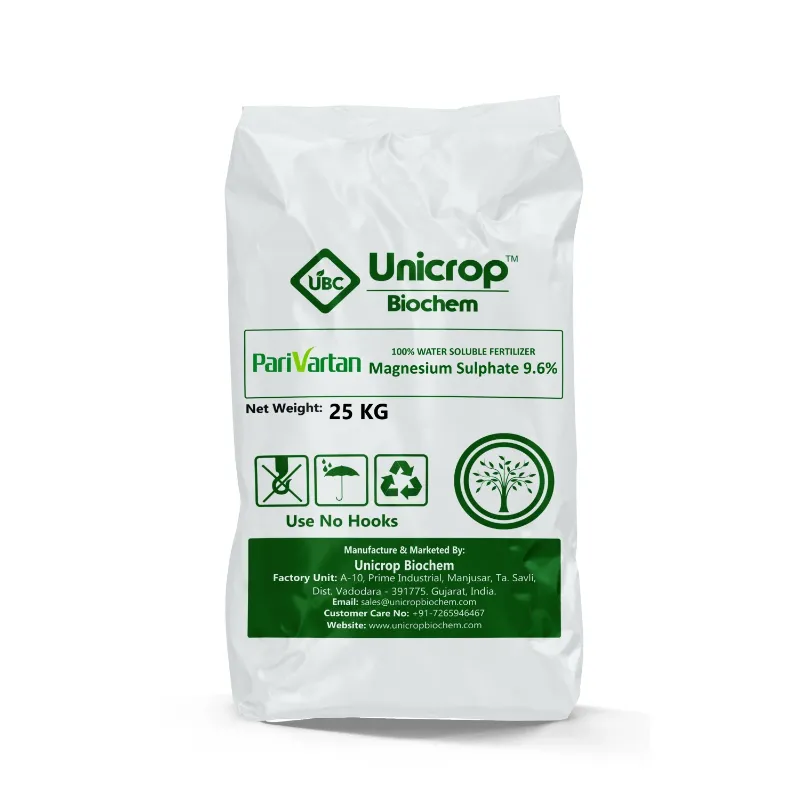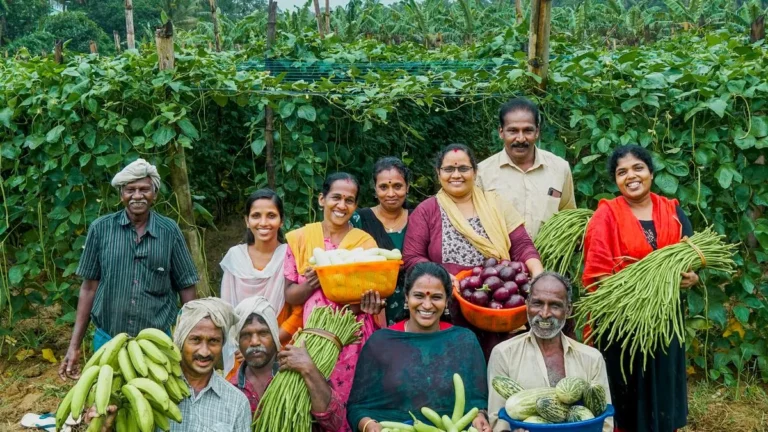Success Stories : Agricultural policies play a crucial role in shaping the dynamics of the farming sector, influencing production practices, market access, and overall sustainability. However, the impact of these policies varies significantly between small-scale and large-scale farmers. In this blog post, we’ll explore how agricultural policies can affect these two categories of farmers differently, examining the challenges and opportunities each group faces.
Access to Subsidies and Financial Support:
Large-scale farmers often have greater access to government subsidies and financial support compared to their small-scale counterparts. Government subsidies, which may include price supports, input subsidies, and insurance programs, are designed to promote stability and profitability in agriculture. However, the distribution of these subsidies can disproportionately benefit large-scale farmers, contributing to an uneven playing field.
Land Tenure and Ownership:
Agricultural policies related to land tenure and ownership can significantly impact both small-scale and large-scale farmers. Small-scale farmers, who often work on smaller plots of land, may face challenges in securing land tenure and may be more vulnerable to land use changes. Large-scale farmers, on the other hand, may benefit from policies that facilitate land consolidation and large-scale mechanized agriculture, potentially leading to the displacement of small-scale farmers.
Market Access and Trade Policies:
Trade policies can have varying impacts on small-scale and large-scale farmers. Large-scale farmers may benefit from export-oriented policies that open up international markets, allowing them to access global demand for their products. However, small-scale farmers may face challenges in meeting the stringent standards and volume requirements of international markets, potentially limiting their participation in export-oriented agriculture.
Technology and Innovation Adoption:
Policies promoting technology and innovation adoption in agriculture can affect farmers differently based on their scale of operation. Large-scale farmers often have the financial capacity to invest in advanced technologies such as precision farming, drones, and sophisticated machinery. Small-scale farmers may struggle to adopt these technologies due to financial constraints, limiting their ability to enhance productivity and sustainability.
Environmental and Conservation Policies:
Environmental and conservation policies aim to promote sustainable farming practices and protect natural resources. While both small-scale and large-scale farmers may be subject to these policies, their capacity to comply can differ. Large-scale farmers may have the resources to invest in environmentally friendly technologies and conservation practices. Small-scale farmers, however, may face challenges in implementing costly conservation measures, potentially leading to disparities in environmental stewardship.
Support for Diversification and Local Markets:
Policies that support diversification and local markets can have positive impacts on small-scale farmers. Small-scale farmers often engage in diverse and niche agricultural activities, such as organic farming or specialty crops, which cater to local demand. Policies that promote local markets, farmer’s markets, and farm-to-table initiatives can enhance the economic viability of small-scale farming enterprises.
Conclusion:
Agricultural policies wield considerable influence over the farming landscape, and understanding their differential impact on small-scale and large-scale farmers is essential for fostering a balanced and inclusive agricultural sector. While large-scale farmers may benefit from certain policies due to their economies of scale and financial capacity, it is crucial to design policies that also support the resilience, sustainability, and economic viability of small-scale farmers. Balancing these considerations can contribute to a more equitable and sustainable agricultural sector that caters to the diverse needs of farmers across various scales of operation.





















